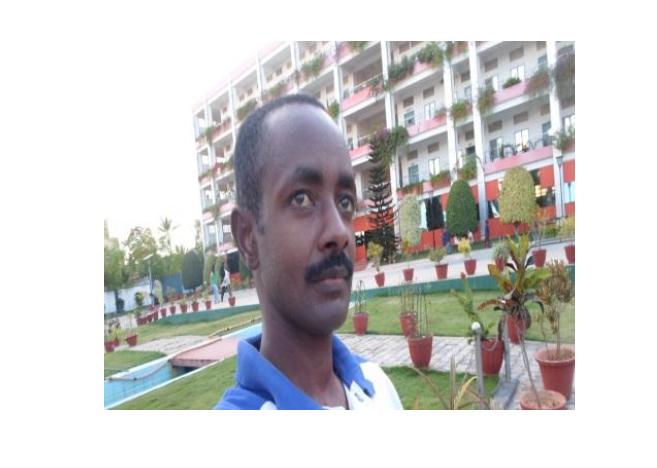By: Leopold Buseruka
Coronavirus disease (COVID-19) has been found to be highly a contagious and infectious disease. In severe cases, Covid-19 often poses irreversible multiorgan damaging effects.
While we appreciate much that has been reported about Covid-19, the disease which initially presents with raised body temperature, increased respiratory rate, decreased oxygen saturation, vascular disorders, shock and death may occur. Smell and taste may be affected too.
Covid-19 affects the upper respiratory system, with flu-like symptoms and in more severe cases; the lower respiratory system (airways and lungs) are affected. It presents by the patient having cough with or without mucus and difficulty breathing.
Covid-19 can be understood by the region of the lung that is infected. Mild disease will be confined to the conducting airways and severe disease will involve the gas exchange portion of the lung. Severe cases present with Pneumonia which is also among 80% of the patients.
In severe and critical cases, Coronavirus damages air sacs wall linings in your lungs. Here, your body tries to fight back and lungs become more inflamed and fill with fluid.
This makes it harder for lungs to swap oxygen and carbon dioxide which will definitely require respiratory support to be able to save life.
Less than a half of critically ill patients can develop clots in the lungs, heart, brain and legs, some of which are life threatening.
Pneumonia leaves scar like tissue (lung fibrosis) which replaces the gaseous exchange lung tissue. A few people have (or will in future) need lung transplants because of severe tissue damage from COVID-19.
Covid-19 Survivors will live with breathing difficulties; require frequent hospital readmissions; poor quality of life and diminished life expectancy.
We can also note that Covid-19 survivors who have been severely affected by the disease will have; Physical Deconditioning, Severe Muscle Weakness, Reduced Joint Mobility, Neck and Shoulder Pain (due to prone lying), Impaired Balance and Gait (walking), and Critical Illness Polyneuropathy.
Many African countries have no equipped rehabilitation centers, critically lack trained healthcare professionals in diagnosis and management of Respiratory Disease.
However, Covid-19 survivors are required to start with small tasks to improve on their respiratory function; an Incentive Spirometer to exercise and stretch up their lung tissue is crucial.
In addition, (even) patients who are on home oxygen therapy will be required to begin with a daily 5 minute walk, then 2 minutes rest and repeat the same 5 minute walk; this can be done twice a day, preferably 7am and 6pm. After day two of doing this, the patient will increase the walking time to 10 minutes; the rest is unchanged.
Covid-19 Survivors will avoid dusty and odorous products; should refrain from smoking and/or being passive smokers. A high protein diet with plenty of fruit consumption is recommended.
A lung function test will be important to understand Covid-19 effects on the lung tissue.
The author is a Specialist in Cardio Respiratory Rehabilitation with LIVINGSTONE MEDICAL SPECIALISTS HOSPITAL, Mutesa II Road-Ntinda. He is also a Lecturer.
Email: lrusizana@gmail.com
